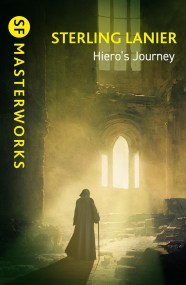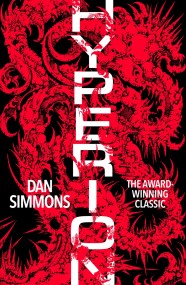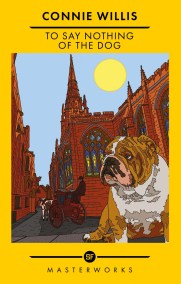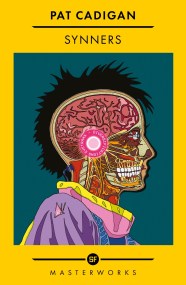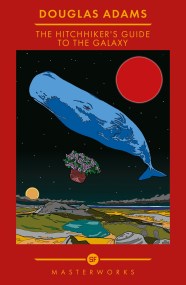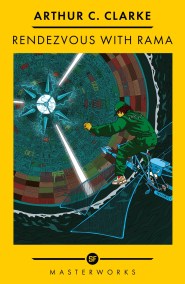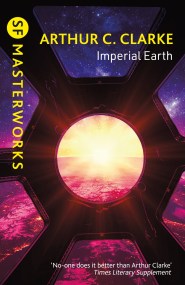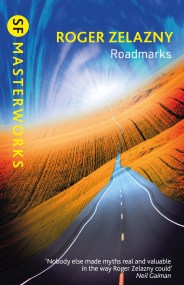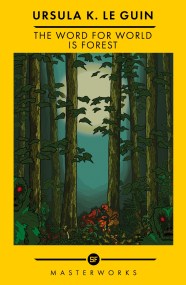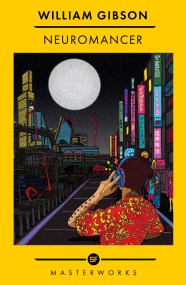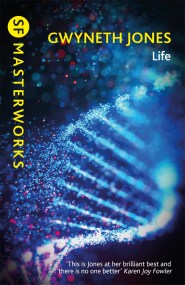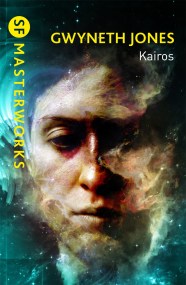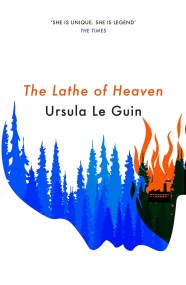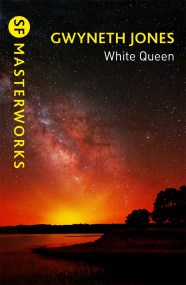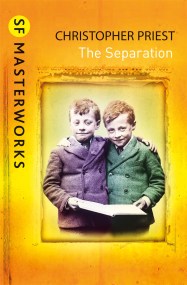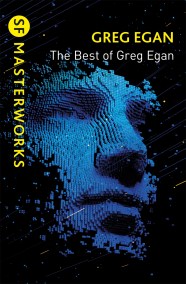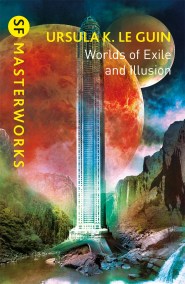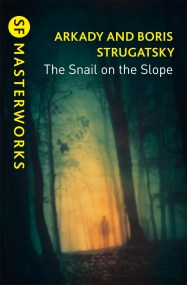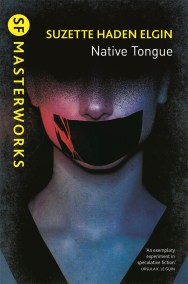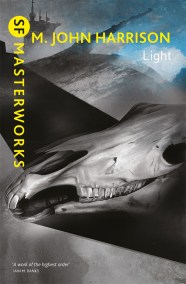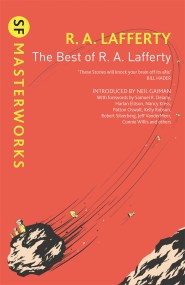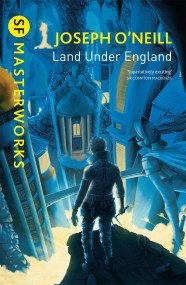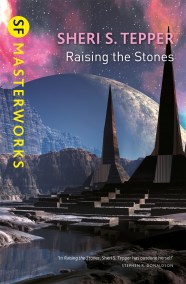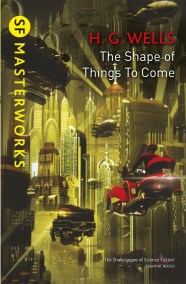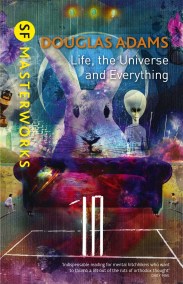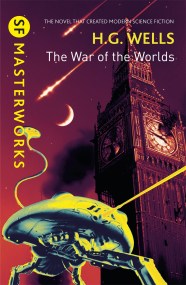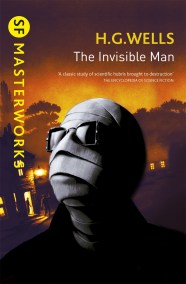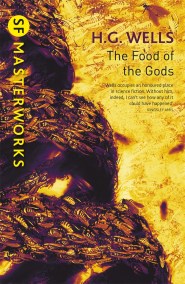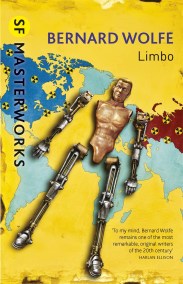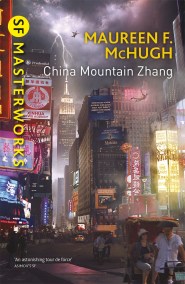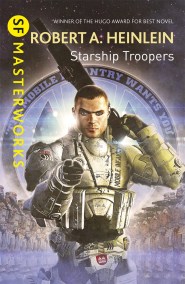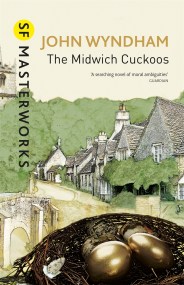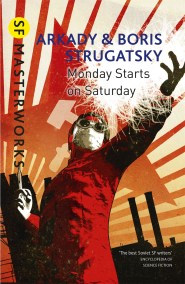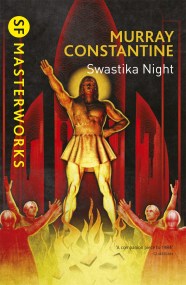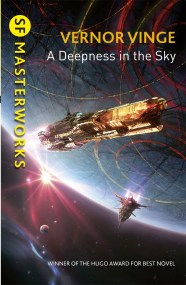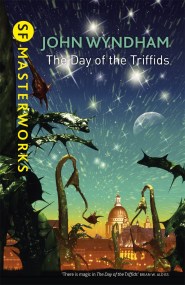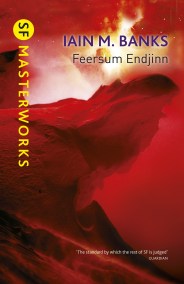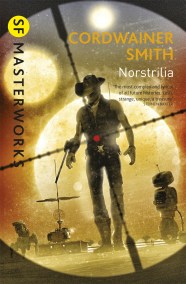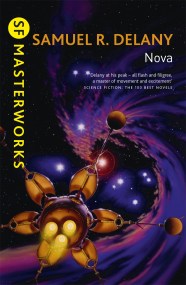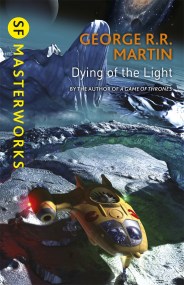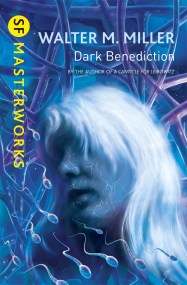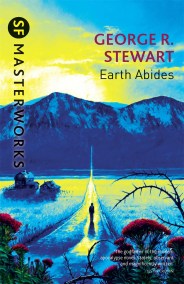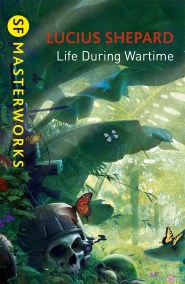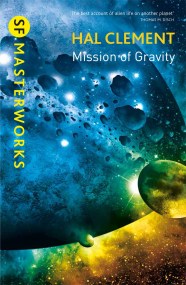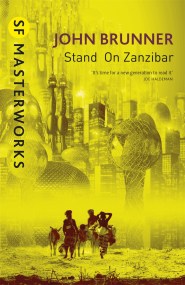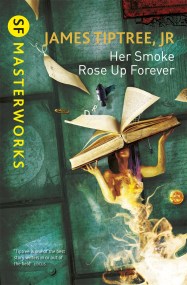Walter Tevis is the acclaimed author of The Hustler, The Man Who Fell to Earth and The Queen’s Gambit.
‘A moral tale that has elements of Aldous Huxley’s Brave New World, Superman and Star Wars‘ LA TIMES
‘A moving examination of people discovering the wonders of human thought and human love’ PUBLISHERS WEEKLY
The future is a grim place in which the declining human population wanders, drugged and lulled by electronic bliss. It’s a world without art, reading and children, a world where people would rather burn themselves alive than endure.
Even Spofforth, the most perfect machine ever created, cannot bear it and seeks only that which he cannot have – to cease to be. But there is hope for the future in the passion and joy that a man and woman discover in love and in books, hope even for Spofforth.
A haunting novel, reverberating with anguish but also celebrating love and the magic of a dream.
‘A moral tale that has elements of Aldous Huxley’s Brave New World, Superman and Star Wars‘ LA TIMES
‘A moving examination of people discovering the wonders of human thought and human love’ PUBLISHERS WEEKLY
The future is a grim place in which the declining human population wanders, drugged and lulled by electronic bliss. It’s a world without art, reading and children, a world where people would rather burn themselves alive than endure.
Even Spofforth, the most perfect machine ever created, cannot bear it and seeks only that which he cannot have – to cease to be. But there is hope for the future in the passion and joy that a man and woman discover in love and in books, hope even for Spofforth.
A haunting novel, reverberating with anguish but also celebrating love and the magic of a dream.
Newsletter Signup
By clicking ‘Sign Up,’ I acknowledge that I have read and agree to Hachette Book Group’s Privacy Policy and Terms of Use
Reviews
Science fiction's great neglected master, one of the definitive bridges between sf and literature
A moving examination of people discovering the wonders of human thought and human love
A moral tale that has elements of Aldous Huxley's Brave New World, Superman and Star Wars
[Tevis's novels] are at once fables, parables, social satire - adventure stories of a kind. They are also simultaneously, as is much of our greatest literature, comic and tragic ... they're uniquely of their time and of all times










